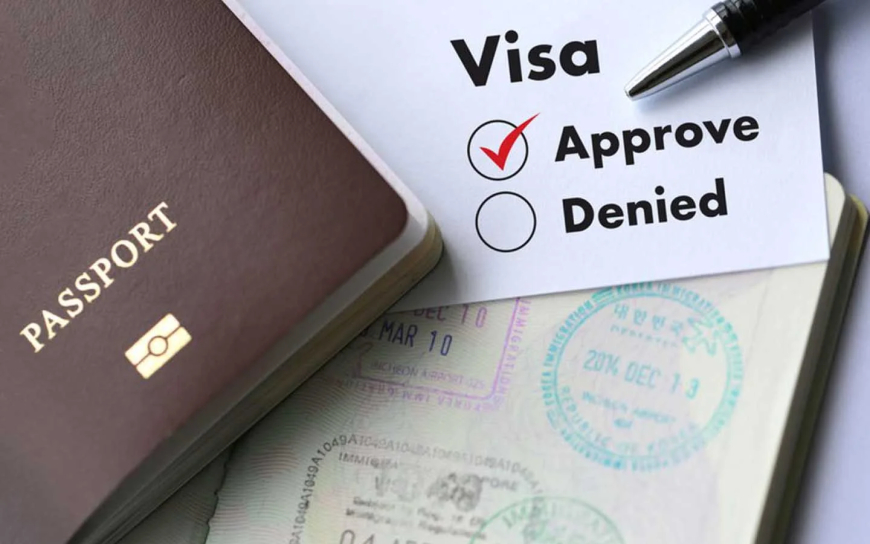Navigating European Visa Requirements: A Guide to Schengen and Beyond
Europe is a dream destination for many travelers, with its rich history, diverse cultures, and stunning landscapes. However, before you can embark on your European adventure, it's crucial to understand the visa requirements that apply to your specific situation. In this guide, we'll explore the Schengen visa and other visa options for traveling to Europe, providing you with the information you need to make your travel plans a reality.

Title: Navigating European Visa Requirements: A Guide to Schengen and Beyond
Introduction:
Europe is a dream destination for many travelers, with its rich history, diverse cultures, and stunning landscapes. However, before you can embark on your European adventure, it's crucial to understand the visa requirements that apply to your specific situation. In this guide, we'll explore the Schengen visa and other visa options for traveling to Europe, providing you with the information you need to make your travel plans a reality.
Understanding the Schengen Visa:
The Schengen Area comprises 26 European countries that have abolished passport and other types of border control at their mutual borders. This means that travelers can move freely within the Schengen Zone without encountering border checks. However, travelers from many countries outside the Schengen Area are required to obtain a Schengen visa before entering.
Key Points:
- The Schengen visa allows travelers to enter and stay in the Schengen Area for up to 90 days within a 180-day period.
- It is important to apply for the Schengen visa from the embassy or consulate of the country you intend to visit first or, if you plan to visit multiple Schengen countries, from the embassy or consulate of the country where you will spend the longest time.
- Applicants must provide various documents, including a valid passport, proof of accommodation, travel itinerary, travel insurance, and proof of financial means to cover their stay.
- The visa application process may vary slightly from one country to another, so it's essential to check the specific requirements of the embassy or consulate where you plan to apply.
Beyond Schengen: Visa Requirements for Non-Schengen Countries:
While the Schengen visa covers most of Europe, there are some European countries that are not part of the Schengen Area and have their own visa requirements. These countries include the United Kingdom, Ireland, Croatia, Romania, Bulgaria, Cyprus, and several others.
Key Points:
- Travelers planning to visit non-Schengen countries in Europe should research the visa requirements of each individual country they intend to visit.
- Some countries, like the United Kingdom and Ireland, have their own visa systems separate from the Schengen visa, and travelers may need to apply for separate visas to enter these countries.
- Countries like Croatia, Romania, and Bulgaria are part of the European Union but are not yet part of the Schengen Area. Travelers visiting these countries may need to obtain separate visas, although EU citizens enjoy certain rights to travel freely within these countries.
Tips for a Smooth Visa Application Process:
- Start the visa application process well in advance of your planned travel dates to allow ample time for processing.
- Ensure that all required documents are complete, accurate, and up to date.
- Be prepared for an interview at the embassy or consulate as part of the visa application process.
- If you're unsure about any aspect of the visa application process, don't hesitate to seek guidance from the embassy or consulate or consult with a qualified immigration advisor.
Conclusion:
Navigating European visa requirements, including the Schengen visa and visas for non-Schengen countries, can seem daunting at first. However, with careful research and preparation, you can ensure a smooth and hassle-free visa application process, allowing you to focus on planning the European adventure of a lifetime. Remember to check the specific requirements of each country you plan to visit and to start the visa application process well in advance to avoid any last-minute complications. Bon voyage!

 zehulu3
zehulu3